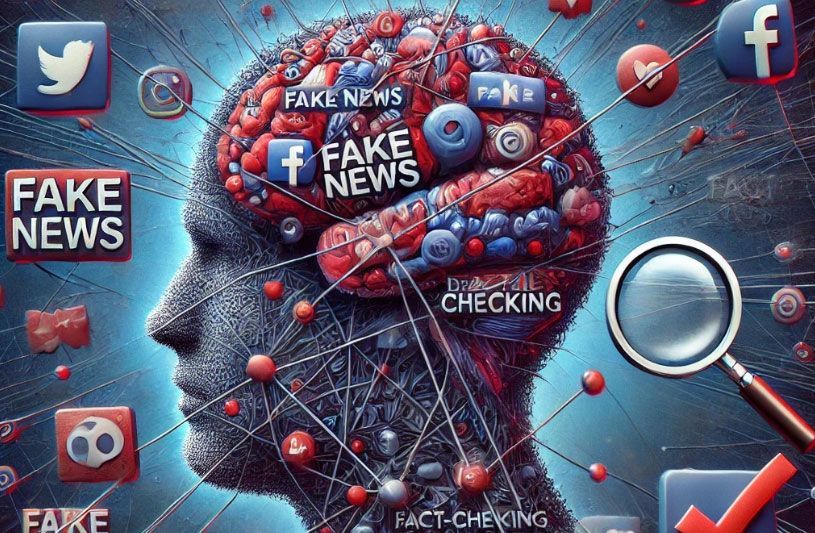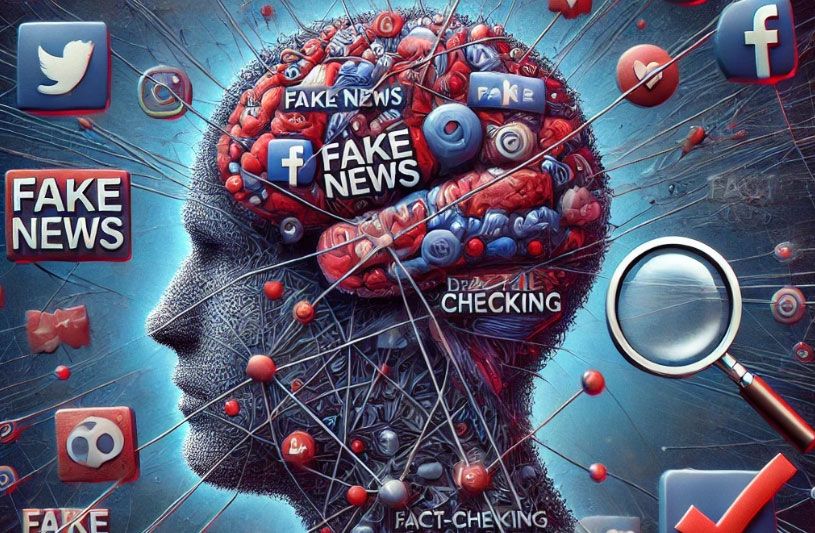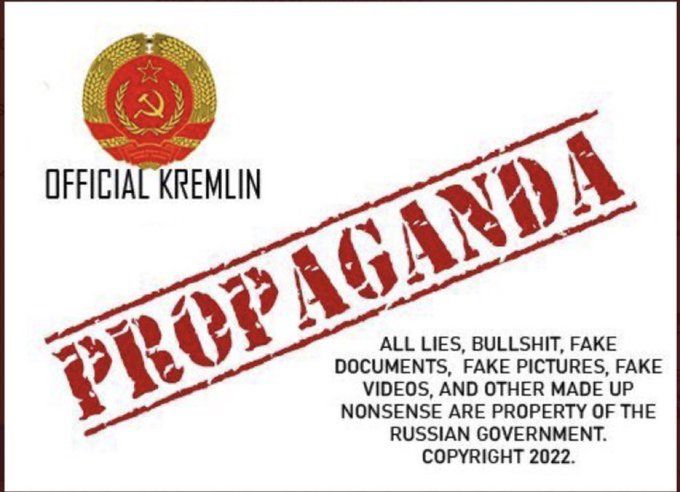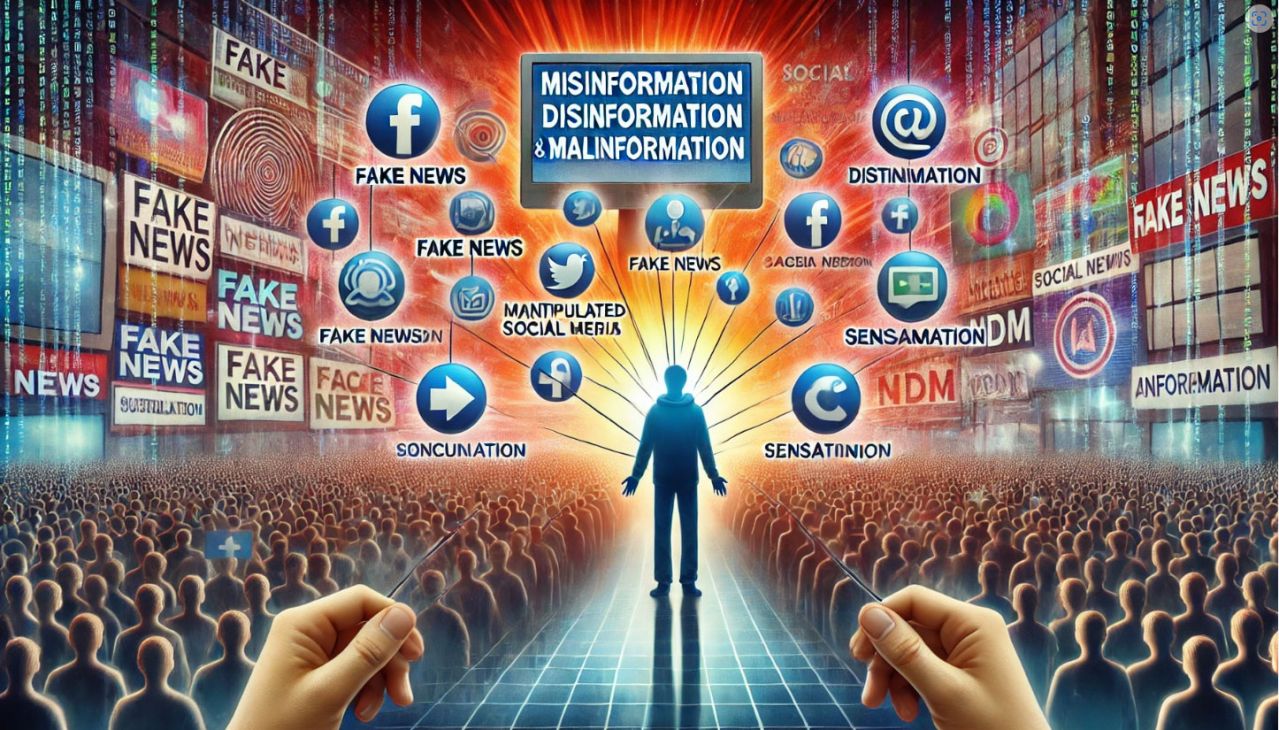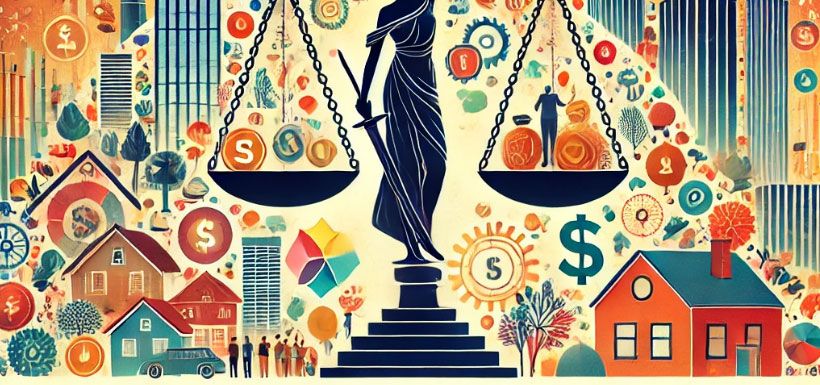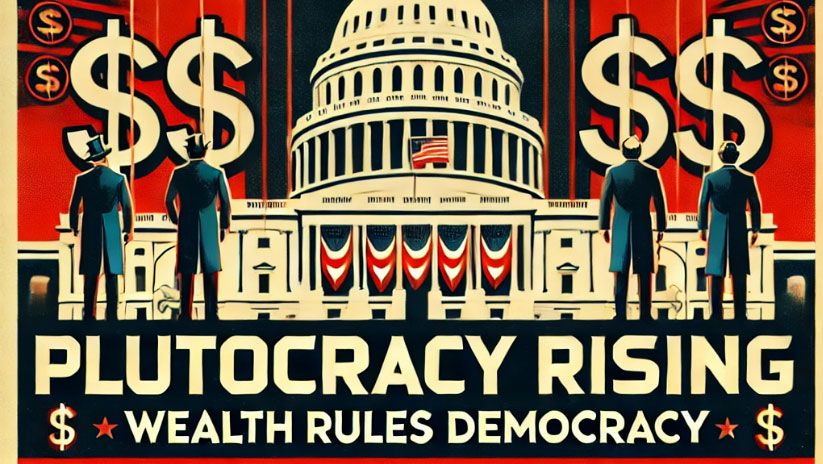Why You’re Being Misled
The consequences of misinformation are dire.
Entire elections have been influenced by viral falsehoods, public health responses to crises have been undermined by conspiracy theories, and individuals have suffered personal and financial ruin from believing in scams spread online.
The ability to distinguish between truth and fiction is no longer just an intellectual exercise—it is a necessary survival skill in the modern world.
This article is based on Pantazi et al.’s study, Social and Cognitive Aspects of the Vulnerability to Political Misinformation (2021), which dives into the psychological traps that make us susceptible to misinformation and offers ways to fight back.
The Misinformation Trap: How Your Brain Works Against You
Our minds are wired in ways that make us vulnerable to false information.
The way we process information, remember facts, and emotionally react to the world can all work against us when it comes to misinformation.
Here’s why:
🧠 Truth Bias – We instinctively assume what we hear is true unless proven otherwise. This is an efficient mental shortcut for everyday life but can lead us to accept misinformation without scrutiny.
The study states, “Humans are predisposed to believe linguistic information by default” (Pantazi et al., 2021, p. 273).
In everyday life, this helps us trust teachers, parents, and experts, but it also means we’re not naturally skeptical of misinformation.
🔁 Illusory Truth Effect – The more we see something, the more we believe it. Repetition strengthens falsehoods, as “repeated exposure to false information increases its perceived accuracy” (Pantazi et al., 2021, p. 275).
This is why conspiracy theories flourish—people see the same misleading claims over and over until they start seeming true, even in the absence of evidence.
🎭 Confirmation Bias – We seek out information that aligns with what we already believe. Our brains are wired to favor information that confirms our preexisting worldviews.
If someone distrusts the government, they’ll believe COVID-19 hoaxes more easily because it fits their perception of state deception.
👀 Meta-Cognitive Myopia – We rarely question how we know what we know. People often fail to check sources, especially when headlines confirm their opinions.
This study shows that, even when fact-checking labels appear, people still misremember misinformation as true.
“The availability of corrective information does not guarantee the correction of false beliefs” (Pantazi et al., 2021, p. 276).
Social Media: The Perfect Misinformation Machine
Social media has transformed how we consume news, but it has also supercharged misinformation.
The study notes that fake news spreads six times faster than real news on platforms like Twitter (Pantazi et al., 2021, p. 278).
Here’s why:
📢 Emotional Manipulation: Fake news often triggers fear, anger, or shock—emotions that drive engagement. That’s why outrage-driven political misinformation gets so many shares.
When people are emotionally charged, they are less likely to engage in critical thinking, leading to hasty sharing of dubious content.
🌀 Filter Bubbles: Social media feeds us information that aligns with our beliefs, reinforcing our biases. This leads to echo chambers, where we only see viewpoints that confirm what we already think.
The result? A population that becomes increasingly polarized and resistant to outside perspectives.
📊 Virality vs. Truth: Sensational lies get more clicks than nuanced, fact-based journalism. The study states, “The social media environment rewards emotionally charged content, regardless of accuracy” (Pantazi et al., 2021, p. 280).
Misinformation is designed to spread—it is engineered to be enticing, easy to digest, and shareable, whereas fact-based journalism often requires nuance and critical analysis.
The Real-World Impact: How Misinformation Shapes Our Lives
Misinformation isn’t just an online nuisance; it has profound consequences in the real world.
💡 2016 U.S. Elections – Research found that false news stories favoring Trump outperformed real news articles, misleading millions of voters.
Fake stories about Hillary Clinton's health and alleged criminal activities shaped voter perceptions.
🇬🇧 Brexit Referendum – Misinformation about EU policies, immigration, and financial claims influenced public opinion and reshaped the UK’s future.
False claims about the UK sending £350 million per week to the EU were widely believed despite being debunked.
🦠 COVID-19 Pandemic – Fake cures, conspiracy theories, and vaccine misinformation cost lives, leading to lower vaccination rates in some areas.
Misinformation surrounding ivermectin, hydroxychloroquine, and vaccine microchips led to dangerous medical decisions.
How to Protect Yourself from Misinformation
The good news? You don’t have to be a victim of misinformation.
Here’s how to protect yourself:
✅ Prebunking vs. Debunking – The study suggests prebunking, or exposing people to weak misinformation and refuting it early, is more effective than debunking false beliefs after they’ve taken hold.
Teaching people to be skeptical before they encounter misinformation is more effective than correcting them afterward.
🕵️♂️ Fact-Checking Tricks:
- Cross-check with reliable sources like Snopes, FactCheck.org, and Reuters.
- Look for original sources—is the claim backed by evidence?
- Be wary of emotionally charged headlines—if it sounds too good (or bad) to be true, it probably is.
🧠 Think Critically:
- Ask: Who benefits if I believe this?
- Reverse Google Image search to check if a viral photo is manipulated.
- Read beyond the headline. Many misleading articles bury key facts deep in the text.
Conclusion: You Are the First Line of Defense
The study warns, “Misinformation can undermine democratic processes, public health, and social cohesion” (Pantazi et al., 2021, p. 281).
We can’t stop misinformation from spreading, but we can stop ourselves from falling for it.
So, what can you do?
Stay skeptical. Stay informed. Share responsibly.
Being an informed consumer of information is no longer optional—it is essential.
Think before you share. Verify before you believe.
Be the kind of person who demands the truth—because when misinformation wins, we all lose
Sources & Further Reading
- Pantazi et al. (2021), Social and Cognitive Aspects of the Vulnerability to Political Misinformation.
- Fact-checking sites: Snopes, PolitiFact, FactCheck.org.
- Books: "Thinking, Fast and Slow" by Daniel Kahneman, "The Misinformation Age" by O’Connor & Weatherall.
🔗 Share this article to help others fight misinformation!
Did you learned something new today? Do you enjoy my work?
Keep it going for just $2! 🎉
Grab a membership, buy me a coffee, or support via PayPal or GoFundMe. Every bit helps! 🙌🔥
BMAC:https://buymeacoffee.com/nafoforum/membership
PP: https://www.paypal.com/donate/?hosted_button_id=STDDZAF88ZRNL
GoFundMe: https://www.gofundme.com/f/support-disinformation-education-public-education-forum


